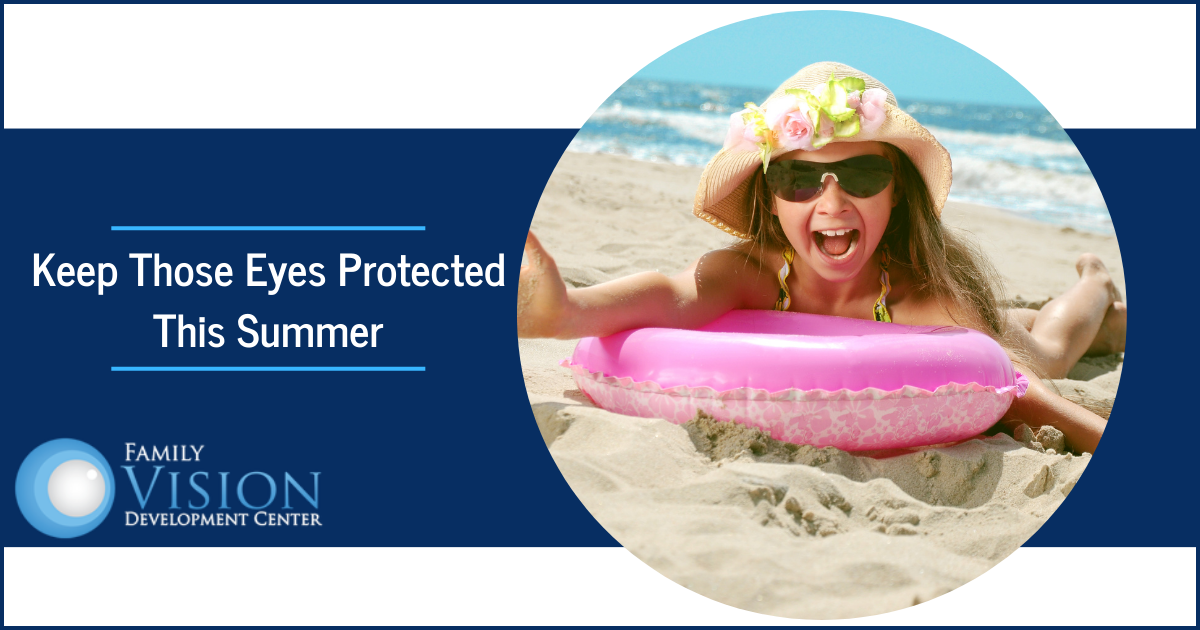When engaging in outdoor activities, it’s essential to prioritize the health and safety of your eyes with the proper outdoor eye protection. Whether it’s hiking, cycling, or playing sports, exposure to various elements can pose risks to your vision. For this reason, it is important to explore effective ways to protect your eyes during these outdoor activities. Read on to discover safety tips, recommendations, and the importance of proper eye protection while outdoors.
Understanding the Importance of Outdoor Eye Protection
Our eyes are delicate and vulnerable to injuries caused by UV radiation, dust, debris, and other environmental hazards. Prolonged exposure to the sun’s ultraviolet (UV) rays can lead to sunburn of the eyes, cataracts, and other vision problems. Additionally, outdoor activities often involve fast-moving objects or projectiles that can cause traumatic eye injuries. Therefore, wearing appropriate eye protection is crucial to safeguarding your vision and preventing potential long-term damage.
Choosing the Right Outdoor Eye Protection
Selecting the proper eye protection for outdoor activities is essential. Look for sunglasses or sports goggles that provide 100% UVA and UVB protection. Additionally, polarized lenses can help reduce glare and improve visual clarity. Ensure that your eyewear fits securely and comfortably, allowing for a wide field of vision without obstructing your peripheral view. If you require prescription lenses, consider getting sport-specific prescription eyewear or using inserts for your goggles.
Safety Tips for Outdoor Eye Protection
- Wear sunglasses or goggles consistently: Make it a habit to wear your eye protection whenever you’re engaging in outdoor activities, even on cloudy or overcast days.
- Opt for wraparound styles: Sunglasses or goggles with wraparound frames offer better coverage and protection from side glare, wind or blowing sand.
- Use protective eyewear for high-risk activities: Activities such as cycling or playing racquet sports require specialized eye protection to shield against impact injuries.
- Apply sunscreen around the eyes: UV rays can still reach the delicate skin around the eyes. Therefore, it’s important to apply sunscreen specifically designed for the face and to wear a wide-brimmed hat for additional sun protection.
- Stay hydrated: Proper hydration helps prevent dry eyes, especially in arid or windy conditions.
- Take breaks from screen time: If you’re engaging in outdoor activities that involve electronic devices, take regular breaks to reduce eye strain and digital fatigue.
Prioritizing eye protection during outdoor activities is vital for maintaining optimal vision and preventing potential injuries. By following these safety tips, wearing appropriate eye protection, and being mindful of potential hazards, you can enjoy your outdoor adventures while safeguarding your eyes for years to come.
Family Vision Development Center is dedicated to protecting your healthy vision. We provide essential eyecare services such as comprehensive vision exams, vision therapy and a full-service optical center with a great selection of eyeglasses, contact lenses and sunglasses. Contact us at 630-862-2020 with any questions or to schedule an appointment.
Family Vision Development Center is a full-service vision center offering innovative vision therapy services, post-concussive vision rehabilitation, comprehensive vision exams for eyeglasses and contact lenses, management of ocular diseases including glaucoma, diabetes, macular degeneration and cataracts, and a state-of-the-art optical center offering the latest designs in eyewear. We are dedicated to keeping our patients comfortable and well-informed and we will explain every exam and procedure and answer all of your questions. We accept both scheduled and emergency appointments, and offer convenient financing and insurance options to ensure that high-quality vision care is available and affordable to all of our patients.

